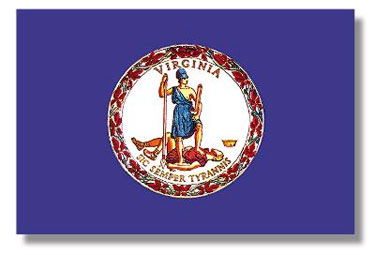A Look at the False Claims Act Case Against Lance Armstrong
At this point, it is hardly news that cyclist Lance Armstrong used performance enhancing drugs and blood doping to help him win the Tour de France seven times. What is news (at least from the point of view of a qui tam lawyer) is that Armstrong’s illegal substance abuse came to light after his former teammate, Floyd Landis, filed a qui tam whistleblower Complaint under the federal False Claims Act against Armstrong and others arising out of Armstrong’s use of these prohibited substances. Landis’s whistle-blower suit was initially filed under seal (as all Complaints filed by qui tam relators must be) and just came unsealed a few days ago.
So where does the false claims act come into play? If it is hardly news that Armstrong used illegal drugs to enhance his performance, it is even less newsworthy that some professional athletes use performance enhancing drugs. Certainly no violation of the federal False Claims Act arises if a professional football player or professional baseball player uses illegal drugs, and none of the Tour de France prize money Armstrong and Landis claimed came from the United States treasury — so how did Landis get legal standing to become a qui tam whistleblower?
This is a qui tam case for violations of the federal FCA because — and only because — Lance Armstrong rode for the US Postal team from 1998 to 2005. As its name indicates, the team was sponsored by the US Postal Service, an agency of the United States Government. Landis’ Complaint states that at one time the USPS was providing approximately $9 million per year in sponsorship to the cycling team.
This case therefore is not at all about the use of illegal drugs — the case is about violating the terms of the agreement with the Postal Service. The suit alleges that by using performance enhancing drugs, Armstrong and many of his team members violated USPS contracting policy, which states that people who engage in the illegal use, possession or sale of narcotics or other drugs are ineligible to perform services under a USPS contract.
Under the taxonomy of false claims act cases discussed in a recent post, Armstrong’s violations of the FCA would fall under, at a minimum, categories 2 (fraud or false claims to obtain a government contract) and 3 (failure to comply with an important government condition).
Several things make this suit interesting from a qui tam point of view. One is that Landis’s allegations were already common knowledge and were very much in the public realm. Under the FCA, a relator must be the “original source” of the information giving rise to the Complaint. If the case is in the media already like this one was, Landis will need to prove that he was the original source of the information the media obtained. As a fall-back position, he will need to prove that his qui tam Complaints adds important new information that was not already in the public realm.
In other words, one cannot simply mine the news for stories about false claims or fraud on the government and then rush to the court house to be the first to file a whistle-blower suit. As a qui tam whistle-blower, if Landis can prove that he is indeed the original source of some or all of the public information about Lance Armstrong, he might be eligible to receive an award between 15 and 30 percent of the government’s total recovery.
If the case settles (or is won at trial) Landis will most likely face an uphill battle to receive a size able rewards, for one very important reason. You see, Landis himself was himself stripped of his 2006 Tour de France victory after a urine sample tested positive for illegal substances. Landis himself is therefore also guilty of not only using performance enhancing drugs, but of violating the terms of the sponsorship contract with the US Postal Service. The FCA anticipates just such a scenario, and provides in 31 USCA § 3730 (d)(3) as follows:
